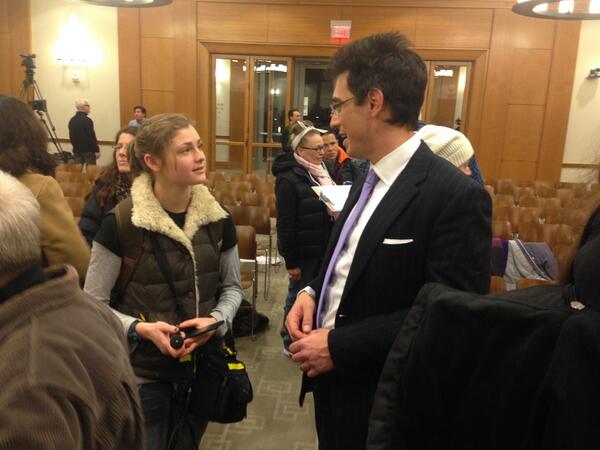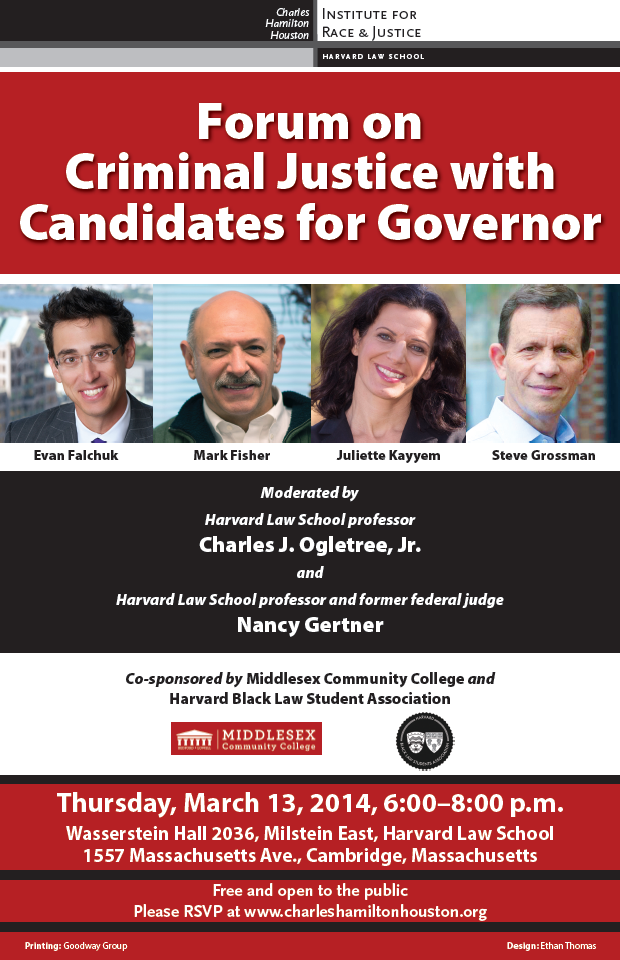The Occupy movement renewed my faith in this kind of courage. And it also impressed a young woman who I ran across on Twitter. She was a Freshman when the Occupy movement took hold in Boston. And it changed her. Recently, Ali Welton sent out a tweet and although I didn’t know her, I saw it whe I looked through the hashtags (#=subjects) that indicated a tweeter was interested in Massachusetts politicians reading the tweet, i.e. #mapoli. I retweeted:
This is pretty fab: Via @AlliWelton Will @Massgovernor draw hard line against NewFossilFuels? http://justandstable.org/walkout #mapoli #walkout4climate
I was excited. A walkout for climate change? I hadn’t heard of such a thing recently. So I “followed” Ali Welton on Twitter, and found that the walkout she spoke of was happening soon. I wanted to know her story.
Welton, born in a town of 1000 came to Harvard (what she called “the big city”) in 2011. Two years before, there had been a big push for 100% clean electricity ( no oil, coal or gas, only renewable energies like wind and solar) from an organization at Harvard called “Students for a Just and Stable Future.” It’s a network of campus groups across the state that do climate activism, and she got involved when she came to Harvard.
In September, 2012, the Fossil Fuel Divestment Movement took off, partly because of Bill McKibbon’s stunning article, “Global Warming’s Terrifying New Math,” in Rolling Stone. Welton said, Divestment was necessary as a tactic to decrease the influence of fossil fuel companies over our political system because if fossil fuel companies go forward, we’ll have put too much pollution in the atmosphere and end up in a world of climate disaster.” 350.org, McKibbon’s organization which aims to build a global movement of climate changers, reached out to a Cambridge group called “Better Future Projects,” a climate non-profit, looking for what Welton called “guinea pig campuses” to get campaigns underway. They got lots of takers in New England.
Welton was so driven by the climate movement that she took a year off from school, got a waitress job and worked for over eight months developing the campaign with her “Team.” She also took six weeks off from her waitress job to plan the action for today, the walkout. Now that’s what I’m talking about when I use the words “dedication to a cause.”
Today, 100-200 students from more than twenty schools across the Commonwealth walked out of classes at schools such as Harvard, Suffolk, Northeastern, Boston University, Worcester State, Hampshire College, Mt. Holyoke, and UMass Amherst. Students had sent letters to their teachers explaining the action and why they felt it was necessary to bring attention to climate change, specifically pushing for a ban on building any new fossil fuel infrastructure. They wanted teachers to know that their classes were important but this required action, right now.
They had met already with Secretary Richard J. Sullivan Jr., Secretary of Energy and Environmental Affairs in the Commonwealth, and they felt that they needed to speak to Governor Deval Patrick directly. The walkout was intended to shore up that meeting. And they succeeded. The meeting with the Governor himself will be scheduled for this spring.
To check out more about students like Ali Welton, take a look at this website. A powerful quote from this organization shows their passion to make the world safer and more inhabitable for all: “Climate change affects low-income populations, the developing world, and youth the most. In other words, the greatest burden of the climate problem has landed on the backs of those who haven’t caused it, have the least leverage and resources to deal with its harms, and have the least amount of power to advocate for solutions.”
They’re right, this injustice wasn’t caused by them. We need to step up and help.



